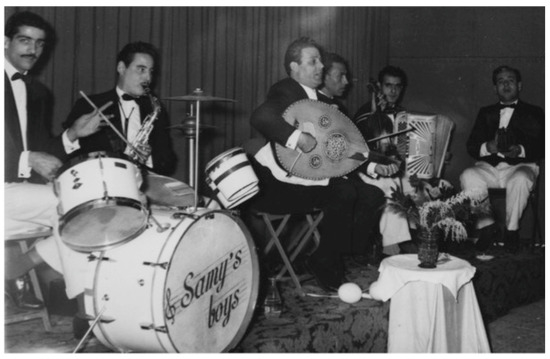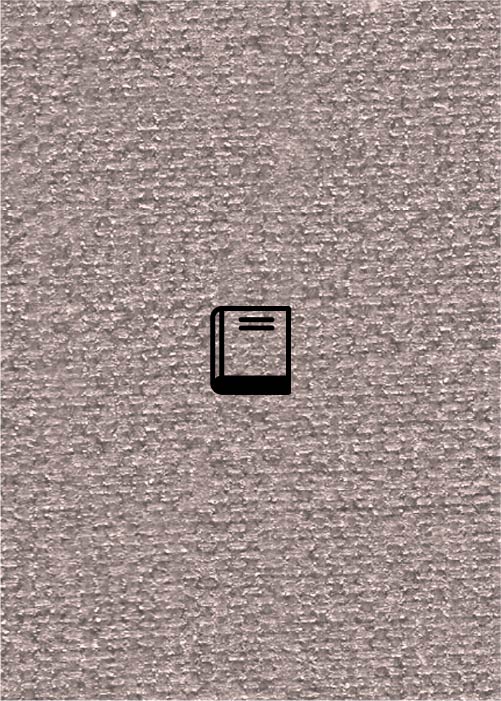With the rise of Islam and the expanding Arab conquests throughout the Middle East, North Africa and Spain, the vast majority of the Jews of Antiquity found themselves living in lands where Arab and Persian cultures and languages predominated. Jews of these lands absorbed, integrated with and contributed to Arab, Persian—and later, when they came under Ottoman rule—Turkish cultures, a process that continued until the mid-twentieth century. This process ended, at least in the intensity that characterized it throughout history, with the rise of national/ethno-religious conflicts that followed the fall of the Ottoman Empire and the end of European colonial rule in North Africa and the Middle East. The relocation of almost all Jews from Arab countries, Turkey, Iran and Central Asia, especially after the creation of the State of Israel in 1948, opened a new era. In this new historical chapter marked by physical separation, the millenary Judeo-Muslim shared space transformed into encounters informed by memories of the past, nostalgia and a persistent relationality. These covert connections were partly renewed in the twenty-first century thanks to digital means of communication capable of surmounting estrangement.
Music and music making was an area of cultural expression in which the Jewish-Muslim encounter was intense. Shared Muslim-Jewish [musical] spaces (regardless of ethnicities) have become the subject of growing interest in diverse scholarly fields. The JMRC has addressed this subject selectively in the past. Now, with the support of a generous five-year grant from the Israel Science Foundation (grant 1172/2024), we begin a new chapter of multidisciplinary research into this subject, whose results will benefit academics, musicians and the wider community. The primary scientist of this project is Prof. Edwin Seroussi and its Executive Director is Dr. Nili Belkind. Affiliated researchers are Hadas Bram and Dr. Netanel Cohen-Musai.
This page, inaugurated in 2023 as “Music, Arab, Jews,” is now dedicated to this new project titled “Music, Muslims, Jews.” It will consolidate materials that highlight different aspects of the musical lives Jews in/from Arab countries, Turkey, Iran and Central Asia shared with Muslim, Christian and Jewish musicians within a geographical area spanning from Morocco to Iran, and the sociocultural milieus in which they came to life. The project also features studies that address how Arab, Turkish and Persian musical genres, modal frameworks and rhythms influenced the religious music of Jews throughout this vast geographical space. Finally, the project page includes critical assessments of existing historical works, as well as new enterprises.
(Project cover image is by courtesy of Yolande Amzallag, Foundation Samy Elmaghribi)





